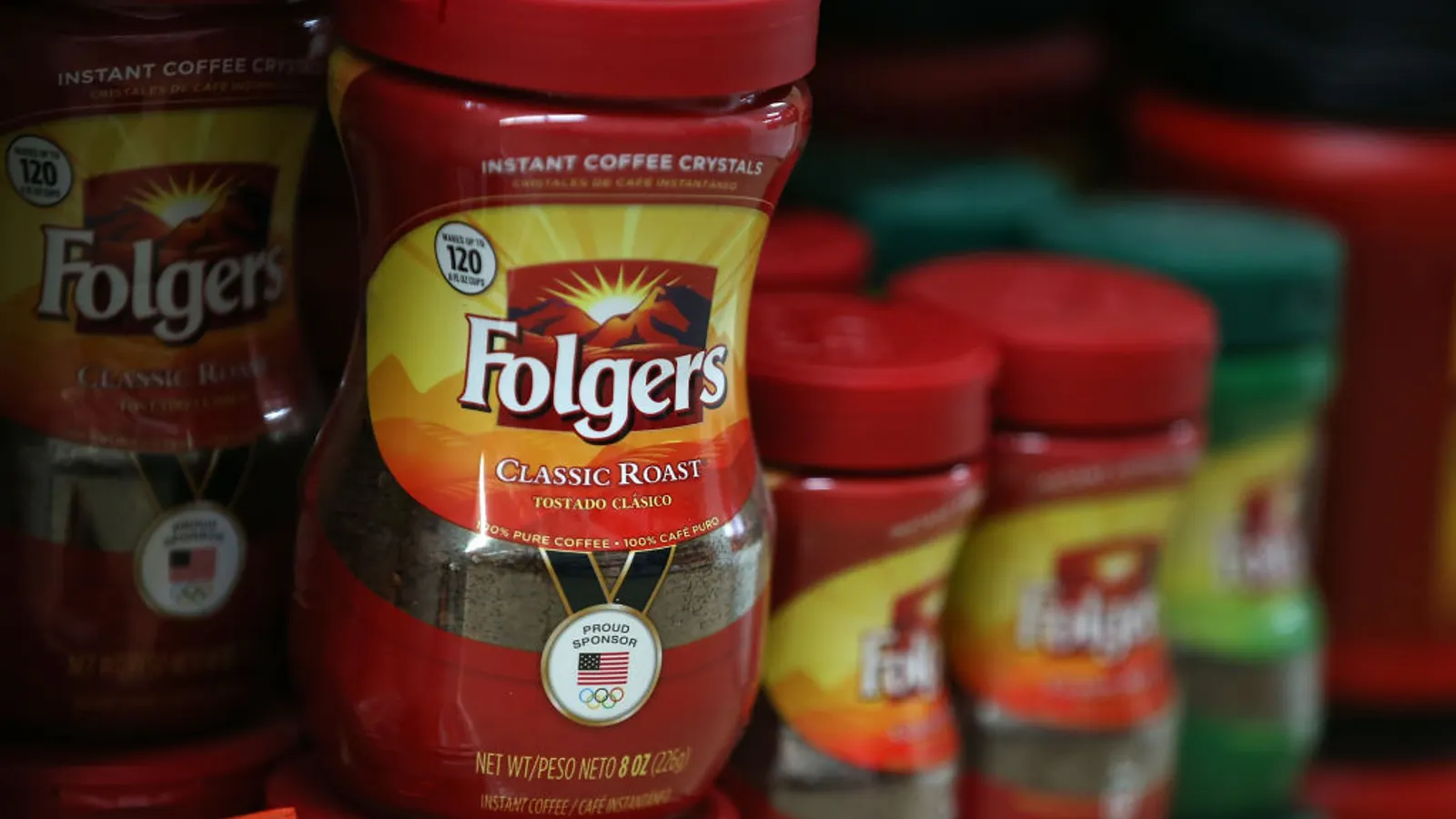J.M. Smucker’s New Coffee Price Hike: What’s Brewing?
The popular food and beverage company J.M. Smucker is set to raise coffee prices again, with a planned increase expected in early winter, pushing consumer costs over 20% higher compared to last year. The hikes come as a direct result of rising costs on the sourcing front, largely influenced by tariffs on imported green coffee beans.
Price Increase Timeline and Causes
This early winter rise marks the third planned coffee price adjustment by J.M. Smucker this year. The company had already raised prices twice before—once in May due to the impact of tariffs on imported coffee beans and again in August. CFO Tucker Marshall noted this upcoming increase during an earnings call, specifying that the tariff-driven cost pressures continue to bite heavily.
CEO Mark Smucker emphasized that the company faces elevated tariff costs on green coffee imports and is actively working to soften these increases through various strategies, including exploring alternative sourcing, refining supply chains, and applying “responsible pricing” measures.
Tariff Impact on Coffee Imports
J.M. Smucker imports about 500 million pounds of unroasted coffee beans annually, sourcing mostly from Brazil and Vietnam. The U.S. imposes tariffs of 50% on Brazilian and 20% on Vietnamese coffee imports, deeply impacting the cost structure. This tariff environment contributes substantially to the price pressure seen in coffee markets.
| Country of Origin | Approx. Annual Coffee Bean Import (lbs) | U.S. Tariff Rate |
|---|---|---|
| Brasilia | Major portion of 500 million lbs | 50% |
| Vietnam | Significant portion | 20% |
Market Expectations and Consumer Trends
J.M. Smucker anticipates the higher coffee prices to temper sales volumes somewhat during the current fiscal year. Yet, the company forecasts an additional $100 million in revenue from the price increases—showing resilience even amid inflationary challenges. This strength is explained by the firmly entrenched coffee consumption habits of consumers, who continue to show strong devotion to at-home brewing despite rising costs.
Why Coffee Prices Matter for Logistics and Supply Chains
Price increases in commodities like coffee have ripple effects on global freight and supply logistics. Higher sourcing costs can prompt changes in shipping routes, supplier negotiations, and procurement policies. Companies may seek alternative suppliers or new logistical solutions to mitigate impacts, which in turn affects freight demand and distribution strategies worldwide.
For logistics professionals, understanding these shifts is crucial. The coffee industry’s response to tariffs showcases how supply chain optimization and strategic procurement can become vital in balancing costs and maintaining smooth deliveries of essential goods.
Logistics Adjustments in Response to Tariff Pressures
- Alternative sourcing: Exploring new countries or regions with lower tariffs or costs.
- Toimitusketjun optimointi: Enhancing efficiency to reduce transportation and storage expenditures.
- Pricing Strategies: Adjusting pricing to distribute cost burdens without driving away consumers.
Tärkeimmät oivallukset
Since June 2024, Smucker coffee prices have climbed five times, with similar moves by other importers pushing up consumer prices by nearly 21% year-over-year according to consumer price data. Despite these hikes, coffee remains a staple, highlighting how essential product categories maintain demand elasticity even under financial pressure.
Impact on Freight and Shipping
These price pressures do not only affect retail but also how coffee and other bulk goods are transported internationally. Bulk commodity shipments like coffee must navigate increased customs costs and potentially altered trade volumes. This change affects related logistics activities including container handling, warehousing, and last-mile distribution.
How Consumers and Businesses Benefit from Platforms Like GetTransport.com
When demand and shipping costs fluctuate, flexibility and affordability in logistics become more valuable than ever. Platforms such as GetTransport.com offer solutions that empower businesses and consumers alike with access to global freight options at competitive rates. This flexibility is vital for handling variable shipment volumes, whether moving office furniture, personal household goods, or large-scale commercial cargo.
From office movers to bulk shipments, reliable and efficient transport platforms support the continuity and cost management of supply chains, especially in times of market uncertainty like tariff-driven price hikes.
Lopulliset ajatukset
Though price hikes by giants like J.M. Smucker may seem distant for many, they illustrate the complex interplay of tariffs, sourcing, and global supply chains. While these changes may not shake global logistics broadly, they underline the need for agility and smart logistics management in navigating today’s volatile market.
Reading reviews and market feedback is always useful, but nothing beats firsthand experience when it comes to managing shipments in a changing world. GetTransport.com offers an avenue to secure cargo transportation that is both affordable and transparent, giving access to a wide range of logistics options and competitive pricing worldwide.
Varaa kyytisi osoitteessa GetTransport.com and make shipping simple, flexible, and budget-friendly.
Yhteenveto
J.M. Smucker’s decision to increase coffee prices multiple times within a year highlights ongoing tariff pressures and rising sourcing costs. Imported coffee bean tariffs—50% for Brazil and 20% for Vietnam—have led Smucker to adopt a mix of alternative sourcing and supply chain optimizations to manage costs. Although price hikes threaten to reduce sales volume, consumer loyalty to daily coffee rituals keeps demand robust.
These developments directly impact global freight, shipping, and logistics, prompting companies to adapt routes, consolidate shipments, and optimize distribution. Platforms like GetTransport.com prove invaluable by providing accessible, reliable, and cost-effective cargo transport services worldwide, supporting efficient movement even amid fluctuating market challenges. Whether for bulk commodities or smaller parcel shipments, GetTransport.com’s transparent and versatile options streamline logistics—offering practical solutions for businesses and individuals alike.

 J.M. Smuckerin tuleva kahvin hinnan nousu vastaa nouseviin tariffeihin ja tarjontakustannuksiin">
J.M. Smuckerin tuleva kahvin hinnan nousu vastaa nouseviin tariffeihin ja tarjontakustannuksiin">